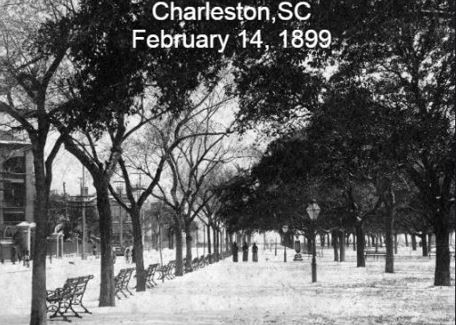
The Incredible Arctic Outbreak In February Of 1899 Was The Greatest Of Them All | NY NJ PA Weather
Many winters have featured some very impressive surges of arctic air into the U.S. (1977 and 1985 come to mind immediately) but the most widespread and greatest arctic outbreak occurred during the first half of February in 1899. The overall coverage of this outbreak was remarkably impressive...
And we thought we saw cold a few times this winter.

